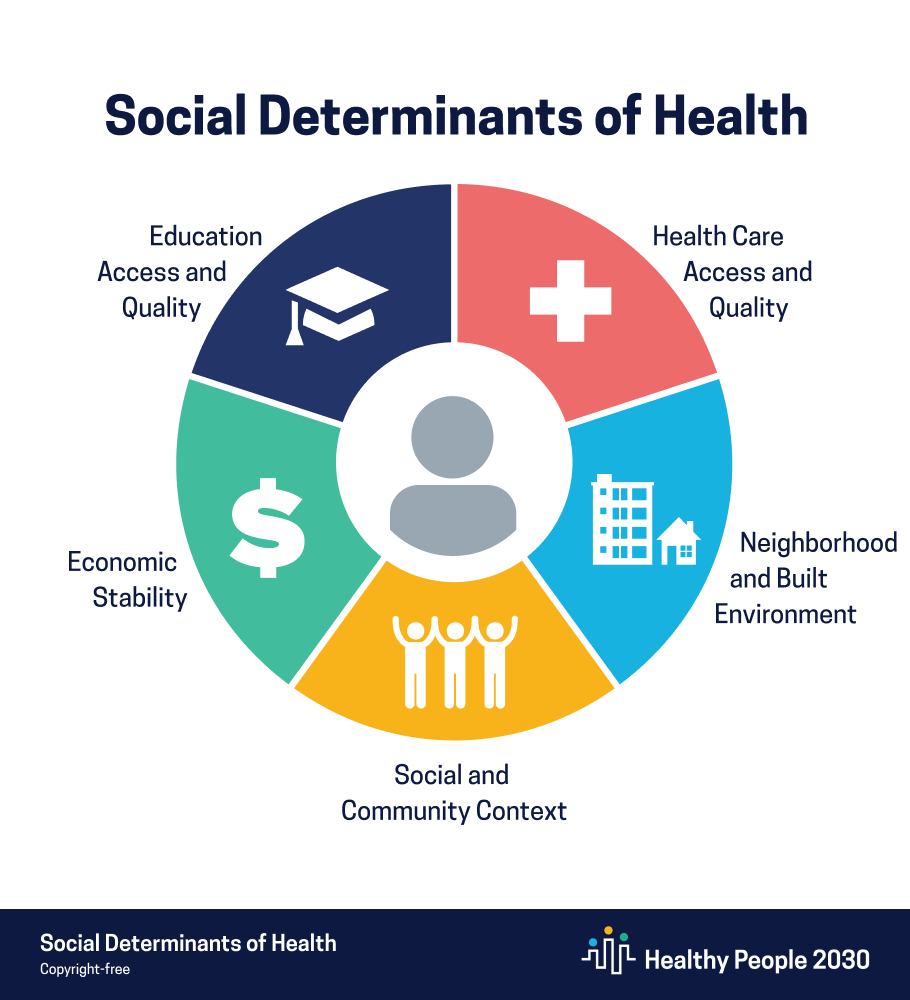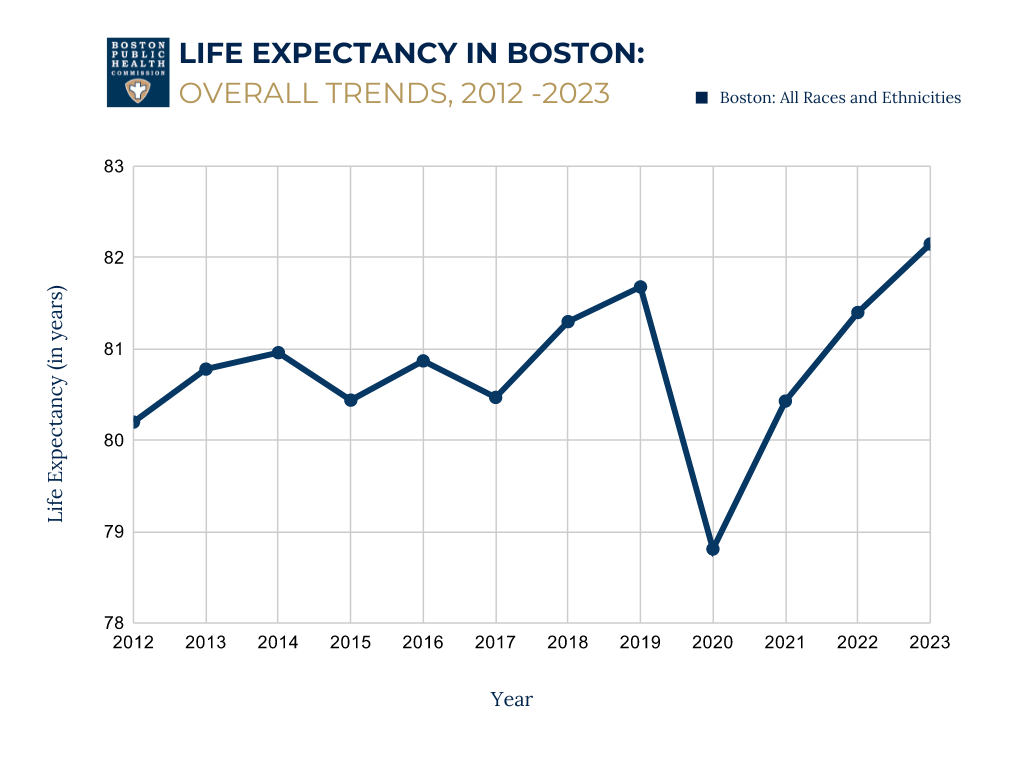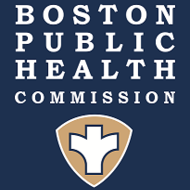Boston's Live Long and Well Agenda
Boston is a vibrant, diverse, and thriving city. But, it is also a city with persistent and troubling health inequities. Data show that life expectancy varies sharply across communities and neighborhoods in Boston. These disparities are primarily due to social, economic, environmental, and structural factors.
In June 2020, the City of Boston declared racism a public health crisis. This declaration expresses our commitment to addressing the impact that racism has on the lives of all of our neighbors, and how it impacts the overall health of our residents.
Racism and other systems of oppression directly impact health outcomes and influence all social drivers of health. From addressing the social drivers of health to ensuring access to healthcare and social services resources, we're working with partners across Boston to improve life expectancy and narrow racial and ethnic disparities in our city. The Boston Public Health Commission's Live Long and Well Agenda is about our commitment to accomplishing this work.
Boston's Live Long and Well Agenda
Boston's Live Long and Well Agenda aims to improve life expectancy and reduce racial and ethnic health disparities.
Our Live Long and Well Agenda shares our commitment to improving health outcomes across the City. In order to do this, we must focus on the leading causes of premature mortality in Boston, including:
- Cancers (including prostate, breast, colorectal, lung, and cervical)
-
Cardiometabolic diseases (including diabetes, heart disease, and other related disorders)
-
Unintentional drug overdoses
Our health equity agenda also includes commitments to promote health across all stages of life for our residents (including infant and maternal health, and older adult health), and to improve mental and behavioral health throughout.
Partner with us
We are looking for more partners to join us in this work to improve life expectancy and health outcomes for our residents and build a healthier Boston.
Community-led coalitions can apply for up to to $5 million to work together to enhance economic mobility and inclusion as well as financial security in Dorchester, Roxbury, and Mattapan. Selected proposals will be awarded up to $2.5 million each.
The RFP has closed. Awardees are expected to be announced in June 2025.
Strategic Initiatives
Strategic InitiativesClick below to learn about our ongoing work to drug-related deaths – from harm reduction and naloxone distribution, to connections to addiction treatment, housing, and jobs.
In 2021, Black residents experienced higher rates of non-fatal opioid and cocaine overdoses, and Latine residents experienced higher rates of non-fatal opioid overdoses, compared to white residents.
In Boston and throughout the state, there has been a notable increase in fatal drug overdoses for Black and Latine residents. In Boston the drug overdose mortality rate increased by 27.9% and the opioid mortality rate increased by 27.3% for Black residents, and for Latine residents the drug overdose mortality rate increased by 5.6% and the opioid mortality rate increased by 15.7%.
Source: Boston Public Health Commission, Health of Boston 2024: The Substance Use and Disorders Report (Boston, Massachusetts 2024)
We are expanding our work with City and external partners and BPHC programs to provide more support for those living with or most at risk for screenable cancers, including prostate, breast, colorectal, lung, and cervical cancer.
Cancer is one of the leading causes of premature death in Boston. Even though early detection and screening tests can help us to prevent and treat many cancers, screenable cancers still affect many Boston residents in different ways.
Click below to learn about our ongoing work to reduce deaths from cancer – from public health awareness campaigns, to resources for residents living with cancer as well as survivors.
In 2021, the overall cancer mortality rate for the invasive cancers (colorectal, liver, lung, and prostate) was highest among Black men (218.9) and lowest among Latine men (117.9 per 100,000 residents). The breast cancer mortality rate was highest among Black women (24.2) and lowest among Latine women (8.7). The prostate cancer mortality rate was highest among Black men (43.7) compared to among White men (17.6).
Source: Boston Public Health Commission, Health of Boston 2023: The Cancer Report (Boston, Massachusetts 2023)
We are expanding our work with City and external partners and BPHC programs to provide more support for those living with or most at risk for cardiometabolic diseases.
Cardiometabolic diseases, including diabetes, heart disease, and other related disorders, are leading causes of premature death in Boston. These conditions affect all Bostonians, but they disproportionately impact people of color.
Click below to learn about our ongoing work to reduce deaths from cardiometabolic disease – from nutrition education and early childcare programs, to policies making it easier for people to participate in active living across the city.
In 2021, heart disease mortality was 37% higher for Black residents (158.5) compared to White residents (115.6). Mattapan had the highest age-adjusted heart disease mortality rate (157.4) and Back Bay had the lowest (79.7).
In 2021, the diabetes mortality rate for Black residents (50.9) was 3.2 times higher than the rate for White residents (16.1). The rate for Latine residents (28.6) was 1.8 times higher than the rate for White residents. For 2020-2021 combined, the age-adjusted diabetes mortality rate per 100,000 Black female residents (38.1) was 3.3 times the rate for White female residents (11.5).
Source: Boston Public Health Commission, Health of Boston 2023 reports (Boston, Massachusetts 2023)
In order to ensure all residents can live long and healthy lives, we are committed to supporting the mental and behavioral health of residents throughout their lives.
Click below to learn more about our work to improve mental, emotional, and behavioral health, from the creation of a new office within BPHC to expand our work in this space, to critical youth mental health programs that we run in close collaboration with BPS.
We commit to supporting the health and quality of life for our residents through old age, in close partnership with the City’s Age Strong Commission. Boston is projected to have over 100,000 residents age 65 or older by 2030. We want to ensure that older residents have the resources and programs they need to address physical and mental health conditions.
Click below to learn about our ongoing work to improve health outcomes for older residents, from our work to promote brain health, to resources provided by City department partners.
Our Commitment and Our Process
Our mission is to work in partnership with communities to protect and promote the health and well-being of all Boston residents, especially those impacted by racism and systemic inequities.
-
In order to address the social determinants of health - the conditions and environments where people are born, live, work, and play – we work closely with other City Departments, our healthcare system, and community-based organizations to address these factors.
-
We recognize the role of racism continues to have across Boston. In June 2020, the City of Boston declared racism a public health crisis. This declaration expresses our commitment to addressing the impact that racism has on the lives of all of our neighbors, and how it impacts the overall health of our residents. Racism, in all its forms, has a negative impact on mortality and life expectancy among people of color compared to white individuals.
-
Whether it be making housing and shelter available for our most vulnerable residents, implementing strategies to make our streets safer and public transportation more accessible, or improving economic opportunities, we work closely with our other partners in government. Together, we aim to address the many structural and system drivers of health, and build a Boston where all residents live long and well.
-
We are a key member and facilitator of the Boston Community Health Collaborative. This group aims to understand community health needs, strengths, and priorities. Every three years, the group conducts a Community Health Needs Assessment and Community Health Improvement Plan, which guides our work to make Boston a healthier, thriving city. The 2022 improvement plan prioritized access to services, economic mobility & inclusion, housing, and mental and behavioral health.
Our Data
Our Health of Boston reports examine the city’s health trends. These reports show concerning disparities in premature mortality (death before the age 65) and life expectancy. Data show:
-
A 23-year life expectancy gap between one census track in Back Bay and one in Roxbury,
-
A diabetes mortality rate 3.2 times higher for Black residents than for white residents and 1.8 times higher for Latine residents than white residents, and
-
An infant mortality rate over 3 times higher for Black infants than white infants.
Data Source: Boston Resident Deaths - Massachusetts DPH Registry of Vital Records and Statistics. Life Expectancy calculations for 2022 and 2023 are provisional and may be subject to change.
Data Source: Boston Resident Deaths - Massachusetts DPH Registry of Vital Records and Statistics. Life Expectancy calculations for 2022 and 2023 are provisional and may be subject to change.
Data Source: Boston Resident Deaths - Massachusetts DPH Registry of Vital Records and Statistics. Life Expectancy calculations for 2022 and 2023 are provisional and may be subject to change.
Data Source: MA DPH Registry of Vital Records and Statistics. Premature age-adjusted mortality are calculated as the number of deaths among residents under the age of 75 per 100,000 population. Calculations for 2022 and 2023 are provisional and may be subject to change.










